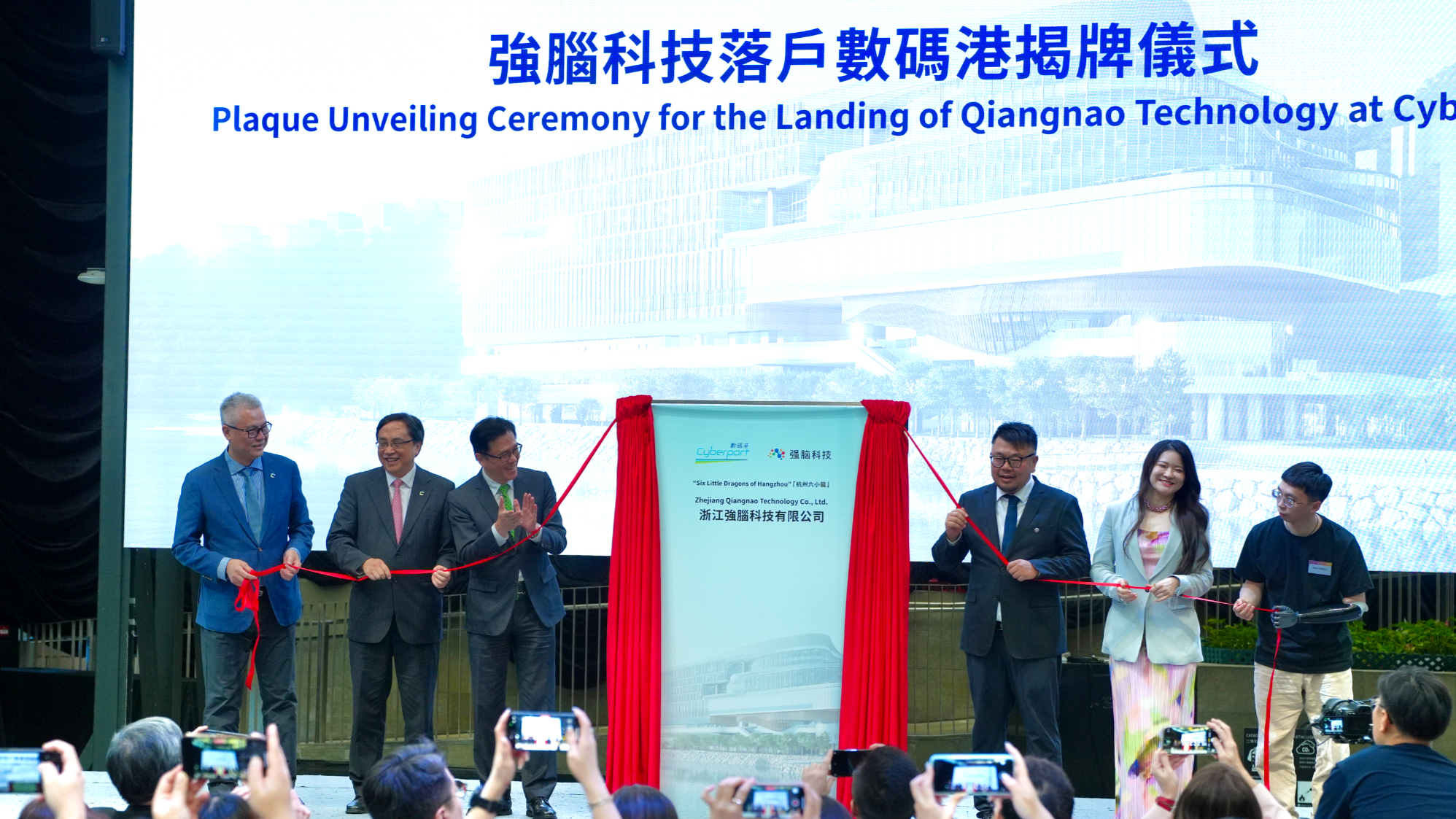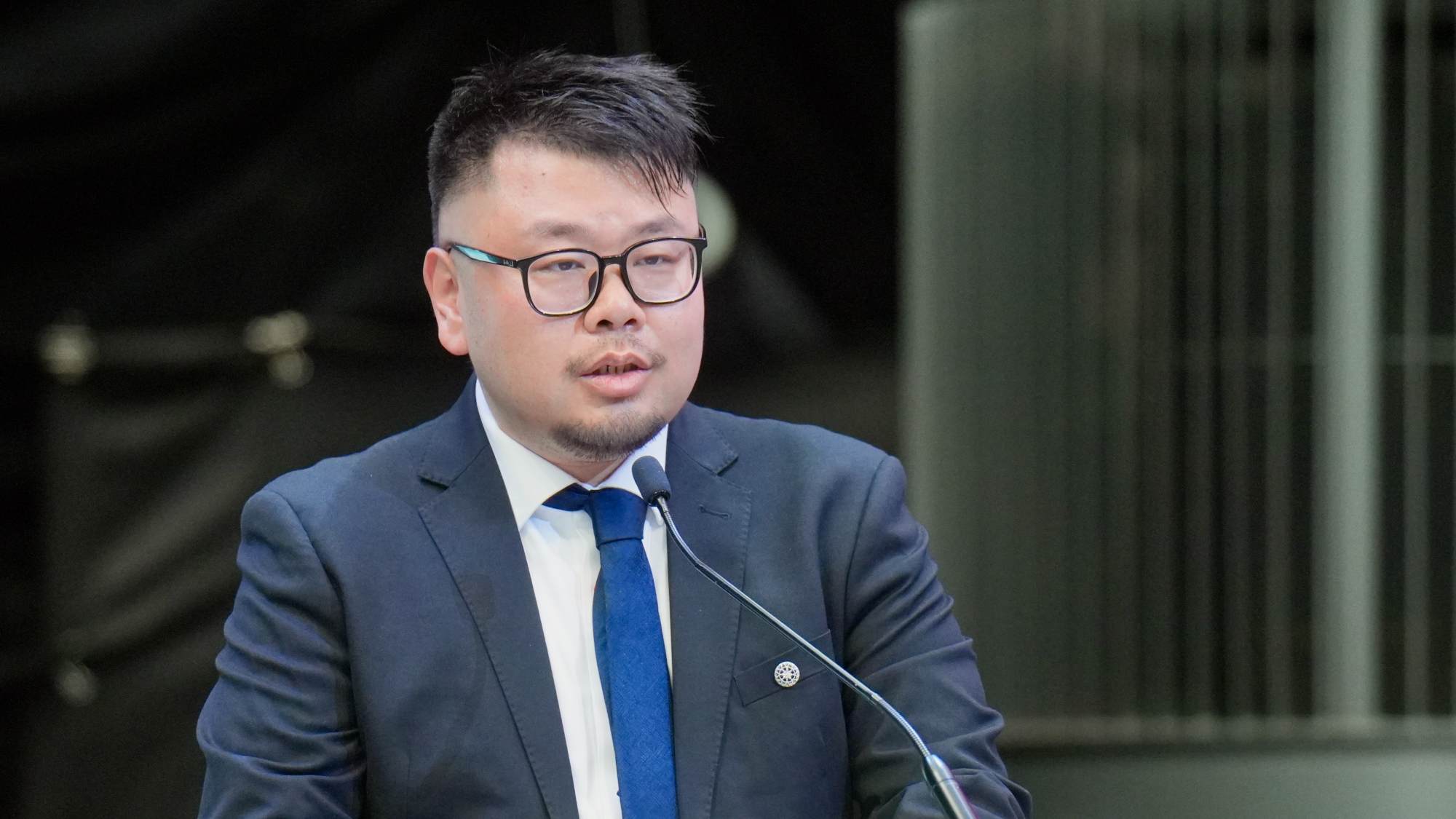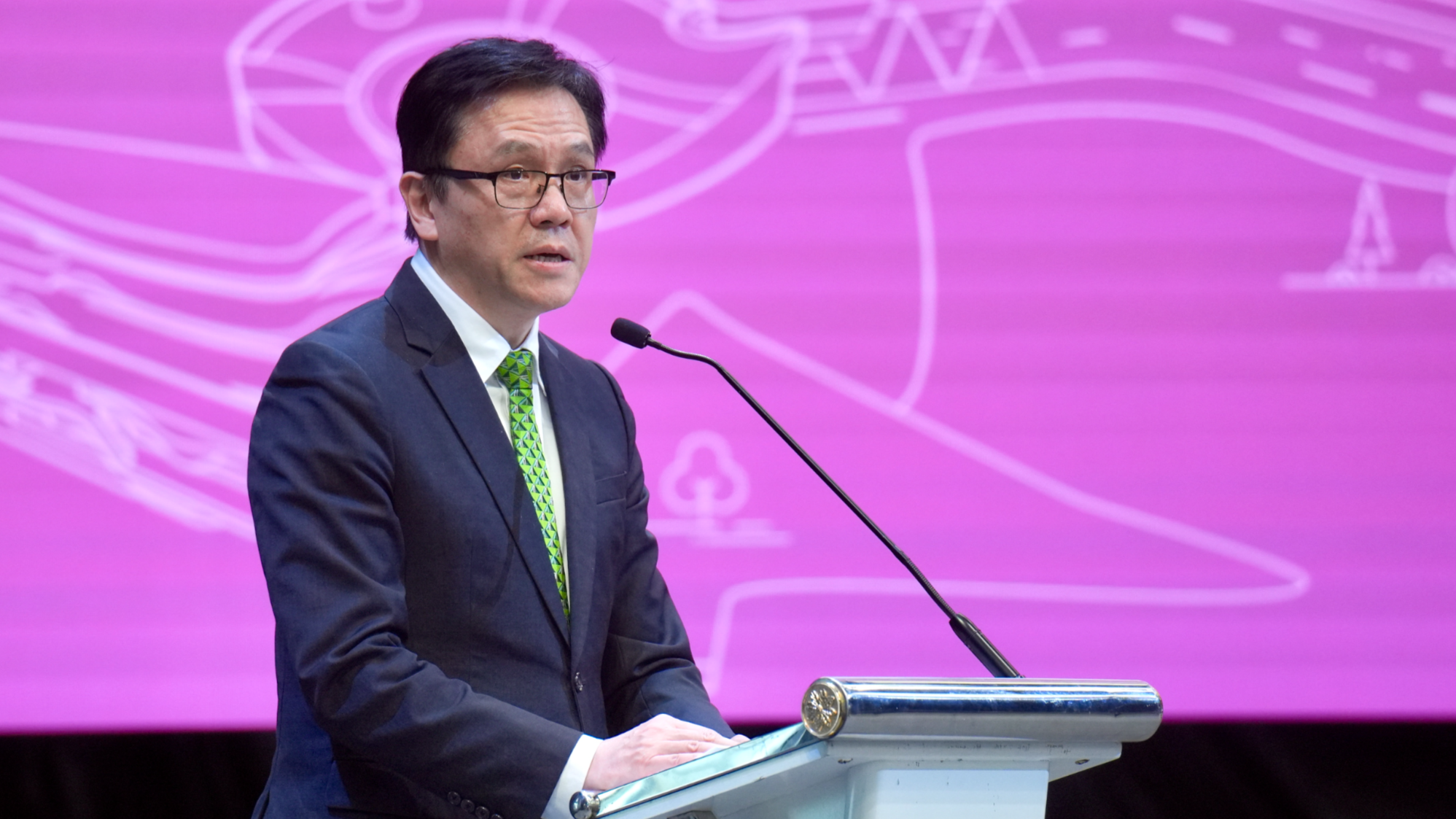A ‘six little dragons’ member to boost innovation and global outreach in city

Qiangnao Technology, a member of Hangzhou’s renowned “six little dragons” — a cluster of leading startups in Zhejiang province — announced on Monday its plans to set up research and development bases in Hong Kong. The company will also take part in government-led initiatives to provide intelligent prosthetic services for local residents with disabilities.
The company also inked a memorandum of understanding with Hong Kong Polytechnic University for the PolyU-Qiangnao Joint Research Centre for Brain-Computer Interface, aiming to promote the adoption of smart prosthetics technologies.
The move aligns with the Hong Kong Special Administrative Region government’s latest Policy Address, which emphasizes support for people-oriented scientific research. The policy includes a two-year program to fully fund high-tech prosthetics for local amputees.
READ MORE: Flesh embraces steel in new age of prosthetics aesthetics
Founded in 2015, Qiangnao Technology is a leading brain-computer interface company, with many products on the market for rehabilitation, healthcare and human-computer interaction.
Capitalizing on Hong Kong’s role as a springboard for Chinese mainland enterprises going global, Qiangnao plans to set up its Asia-Pacific research and development base and an international business center in Cyberport, the city’s digital technology hub. These efforts are expected to facilitate the company’s exports across Asia, Africa, and other global markets.

Han Bicheng, founder and CEO of Qiangnao Technology, said setting up in Hong Kong is a critical step in the company’s globalization strategy, adding that the city is an international gateway to the world, home to top-tier scientific professionals and world-class academic institutions.
Besides smart prosthetics, Qiangnao Technology is developing tools aimed at addressing autism, sleep disorders, and Alzheimer’s disease. Han said that in the next five to 10 years, the company aims to provide prosthetics to 1 million amputees and improve the lives of 10 million people with brain-related conditions.

Sun Dong, Hong Kong’s secretary for innovation, technology and industry, said Qiangnao Technology’s launch of operations in Hong Kong shows the company’s confidence in the city’s innovation ecosystem, and its ability to help mainland enterprises expand internationally.
Since 2023, the Hong Kong SAR government has supported nearly 500 high-potential and leading tech companies in setting up or expanding their presence in the city. These firms have brought in capital, talent, and technologies, boosting local innovation and technology and advancing the city’s push toward new industrialization, Sun added.
The “six little dragons”, China’s leaders in next-generation innovation, also include DeepSeek, an artificial intelligence company that develops large language models; and Game Science, the creator of Black Myth: Wukong, one of last year’s best-selling computer games.
During his visit to Zhejiang province in April, Chief Executive John Lee Ka-chiu toured Qiangnao Technology and Unitree Robotics. Lee invited these companies to expand into Hong Kong, encouraging them to leverage the city’s technological resources and international networks.
READ MORE: Task group meets with proponents of third HK medical school
In March, Unitree Robotics reportedly set up a new company in Hong Kong, following its local registration in 2022. Deep Robotics has teamed up with Hong Kong firms to develop robotic dogs for infrastructure inspections like sewage monitoring. Meanwhile, spatial intelligence service provider Manycore Tech has filed for an initial public offering in Hong Kong.
Contact the writer at irisli@chinadailyhk.com


